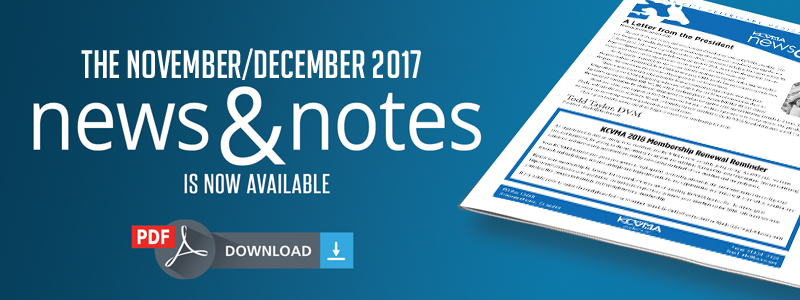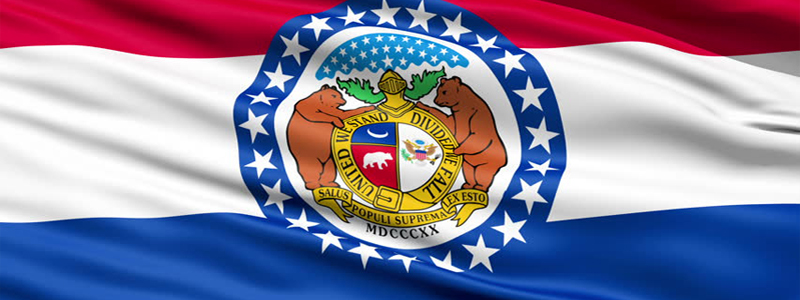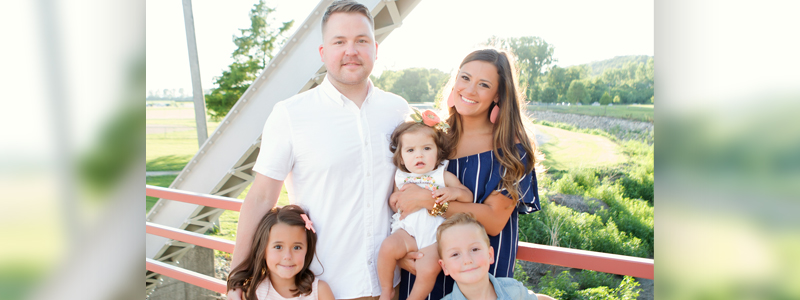BY: TAD COLES, DVM
Friendships with like-minded professionals are imperative for a life of healthy resilience. For over 20 years I was a group leader and facilitator for a company that monitors healthcare professionals suffering from some sort of impairment and reports back to their licensing board regarding their progress in recovery and how they are handling the inevitable times when the proverbial feces hits the ventilation, when life seems to fall apart around us. I often asked them to describe their recovery support network. One day a young woman told about the friendships she had developed at her job, at the 12-step group she was attending, and at her yoga group; she explained how important these groups of friends were to her. Being in long-term recovery from substance use disorder myself, I thought, “I need a recovery support network like that!”
So I worked on it. Over the next couple of years I expanded my network of friends who knew all about me and my struggles, failures, successes, and joys. A few years ago when I ended up in the hospital to get a pacemaker and was uncertain what was going to happen over the coming days, I ended up texting about 50 people to let them know what was happening, but there weren’t any veterinarians on that list. I changed that when I started getting back into clinical medicine a couple of years ago. I started opening up to veterinarians with my compassion fatigue, burnout, and resiliency consulting work and made some close veterinary friends.
I realize now that earlier in my career I didn’t feel congruent, that I had a bit of an imposter syndrome going on. I needed to be perfect, was afraid other veterinarians would judge me, and didn’t want to reach out for help. I vividly remember an incident when I volunteered at a shelter, after over a decade of doing no surgery, to do some spays and neuters. I failed to reach out and ask for help when my muscle memory failed me as I tried to knot the testicular vessels and spermatic cord. I must of messed with that cat for 10 minutes or longer, rather than ask for help. I felt ashamed.
Over the last year I’ve done some part-time clinical work with veterinarians nearby while I sharpened my rusty clinical skills. The imposter is nearly gone. I have developed a handful of veterinary friends I’m close enough to that I can talk with them about frustrating cases and clients. Nobody except a fellow veterinarian really understands what it’s like to be a veterinarian. I cherish these relationships. Over the last couple of weeks I volunteered at Spay Neuter KC to hone my surgical skills, learned a new knot, renewed my muscle memory, and made another new veterinary friend. Now I’m working clinically full time. I feel more congruent now than ever before. The imposter has receded, not vanished, but has tremendously diminished.
If you relate to any of this and don’t have veterinarians you can share your deepest thoughts with I hope you will find the courage to develop your own support network. If you don’t know where to start on that, we will warmly welcome you to KCVMA meetings. And if you have some desire to give something back to your profession, consider serving as a KCVMA Board Member, especially if you have a Kansas Veterinary License. At this time I’m the only Kansas veterinarian on the KCVMA Board and as you now know, I’m looking for a few more veterinary friends!










